In recent years there has been a significant increase in initiatives aiming to encourage more women and girls in research, with the lack of visible female role models in science and technology continuing to be a major issue. Thus, to celebrate International Women’s Day we spoke to several female researchers in receipt of Marie Skłodowska-Curie Actions (MSCA) funding about their research and the impact this funding has had on their career.
45% of MSCA awardees in Ireland are female. These projects aim to bridge the gap between academia and all types of non-academic organisations (public bodies, charities, hospitals etc.) in order to address current societal challenges across all scientific domains.
Such competitive awards are a vital source of funding for academic researchers and Ireland ranks second in MSCA drawdown per capita. For a researcher, the receipt of such a grant can have a dramatic influence on their future career paths. The main idea behind such grants is to support top talent in becoming the next generation of leading scientists.
This rationale is shared by the MSCA European Commission Funding Programme, which funds excellent and innovative research training as well as attractive career development and knowledge-exchange opportunities through cross-border and cross-sector mobility of researchers.
“As a former academic researcher who has benefitted from international mobility it is a pleasure to use my experience to support applicants to MSCA. In this role, I have expanded my horizons and reviewed grants from many different subject areas, spanning AHSS and STEM. Adopting an interdisciplinary approach is vital to address complex questions. It is fascinating to have this insight into the diverse projects carried out in Irish HEIs and companies by researchers of many nationalities. This strengthens our national Research, Development and Innovation talent pipeline and meets policy goals, such as addressing UN SDGs.” – Dr. Geraldine Canny, Head of the Irish Marie Skłodowska-Curie Office.
Examples of female researchers whose careers who have been positively impacted by MSCA funding and projects…
Professor Sharon O'Brien, International Network in Crisis Translation (INTERACT)
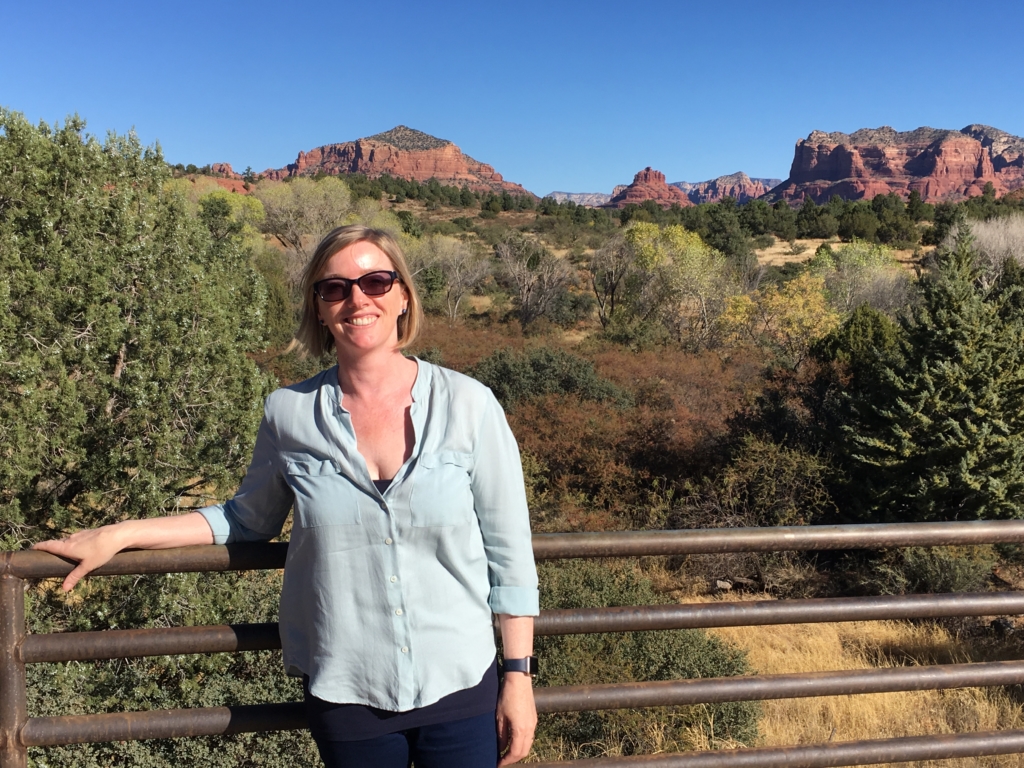
- University: Dublin City University
- Area of Research: Crisis Translation
- Type: RISE – Research and Innovation Staff Exchanges
“INTERACT provided me with the opportunity to coordinate my first EU-funded project. RISE projects require international, cross-disciplinary and cross-sectoral collaboration and networking, which was both challenging and highly rewarding. For me personally, it enabled travel to Arizona, Auckland and Freiburg, to universities and to a not-for-profit organisation.
By interacting with people from different disciplines (e.g. disaster studies), from the not for profit sector (e.g. Cochrane) and from commercial SMEs (e.g. Unbabel), my knowledge and understanding was enriched. The coordination aspect was challenging too and enabled me to develop skills in team leadership and negotiation. The INTERACT project has had a hugely positive impact on my career and on my development as a scholar and a leader.”
Sinead O'Gorman, Researchers at Risk, Inspireurope
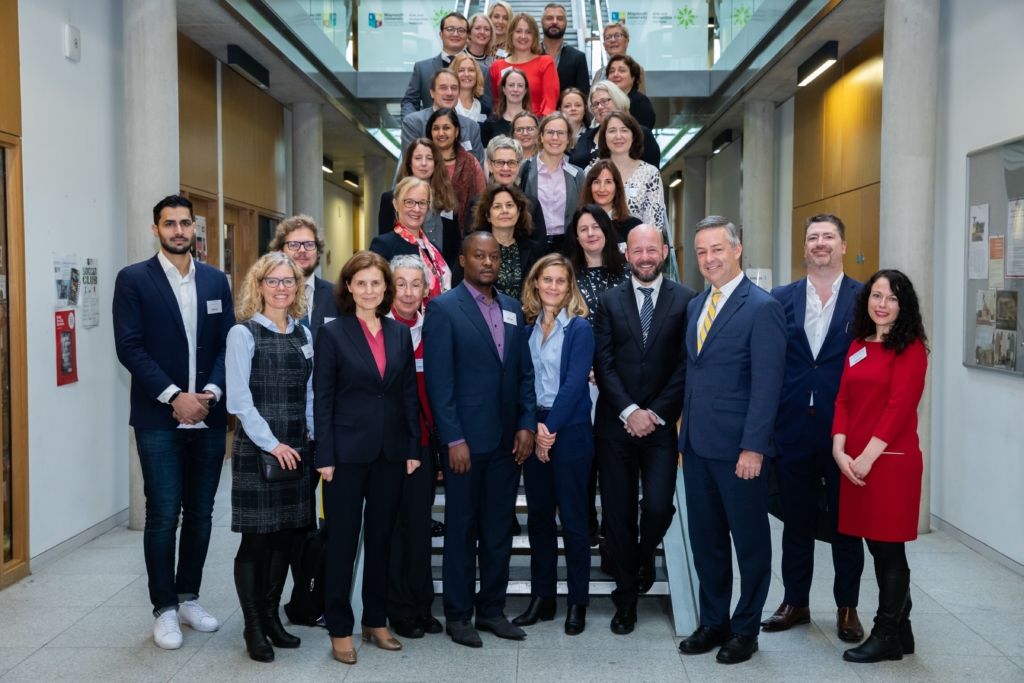
- University: Maynooth University
- Area of Research: Researchers at Risk
- Type: MSCA Coordination and Support Action
“I am privileged to be part of the MSCA-supported Inspireurope project, led by Scholars at Risk Europe’s office at Maynooth University. This project is strengthening support in Europe for researchers who have experienced severe threats to their lives and their work. For me personally, the project has also been a rewarding opportunity to collaborate with a group of passionate and dedicated research professionals who are leaders in their fields. Through our collaborative efforts across countries, we are learning from each other, deepening our expertise, identifying and bridging gaps together, in order to advance our common goal of integrating the research talent of researchers at risk. I am pleased that in the coming months, Inspireurope will undertake consultations with researchers at risk to examine more closely the gender dimensions of existing support. Our hope is that further attention to this issue will improve concrete support measures for women in research, and inform policymaking in Europe on the topic of researchers at risk.”
Professor Eilionóir Flynn, Disability Advocacy Research in Europe (DARE)
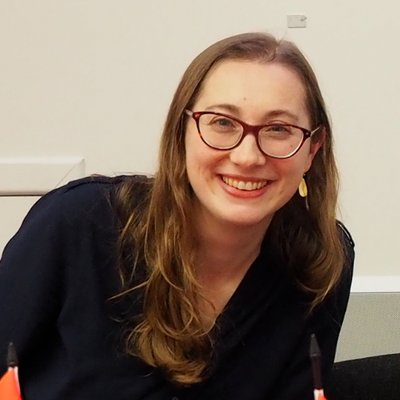
- University: NUI Galway
- Area of Research: Disability Law
- Type: ITN – Innovative Training Networks
“Shortly after receiving this award, I interviewed for an Established Chair position at my university, and was subsequently appointed to this role. Being a Scientific Co-ordinator of a Marie Curie ITN helped to demonstrate that I had the necessary skills and experience required of an Established Chair. While I am the youngest PI within our Marie Curie Consortium; I also have a clear track record of leading research teams, including through my European Research Council Starting Grant for the VOICES project, which concluded before the Marie Curie project began.
The DARE Marie Curie ITN gives me a unique opportunity to train the next generation of disability rights researchers – and to bring together researchers from around the world, across different disciplines, who are all dedicated to making an impact with their research and creating social change, with and for disabled people. I am Irish, and my research career has always been in Ireland, but my work is mostly international and comparative in scope and I am passionate about collaborative research on disability rights.”
Asst. Professor Margaret Jackson, Cosmogenic Nuclide Temporal and Elevation Scaling: Testing and Application (CoNTESTA)
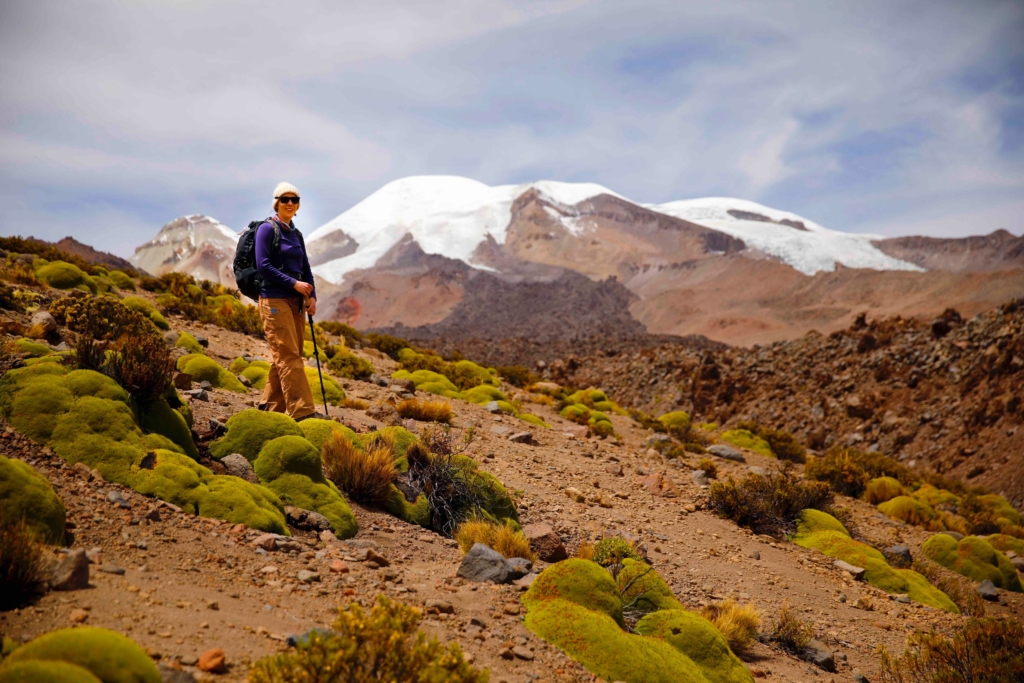
- University: Trinity College Dublin (Previously NUI Galway)
- Area of Research: Earth Sciences/Geochemistry
- Type: IF – Individual Fellowships
“My MSCA has opened so many doors, and has allowed me to take charge of my own research project and to build a network of collaborators in Ireland and across Europe. I came to Ireland in 2019 to conduct my postdoctoral MSCA IF research project (CoNTESTA) at the National University of Ireland, Galway.
As part of my MSCA I travelled to Peru to conduct fieldwork and to collect samples. I also travelled to France to gain competency in new laboratory techniques. While an MSCA Fellow, I was offered a tenure track position in Geography at TCD, where I am now. I wouldn’t be where I am without the opportunities – for research, networking, and skill development – provided by my MSCA Fellowship.”
Professor Maria McNamara, Preservation and palaeobiology of exceptionally preserved fossils
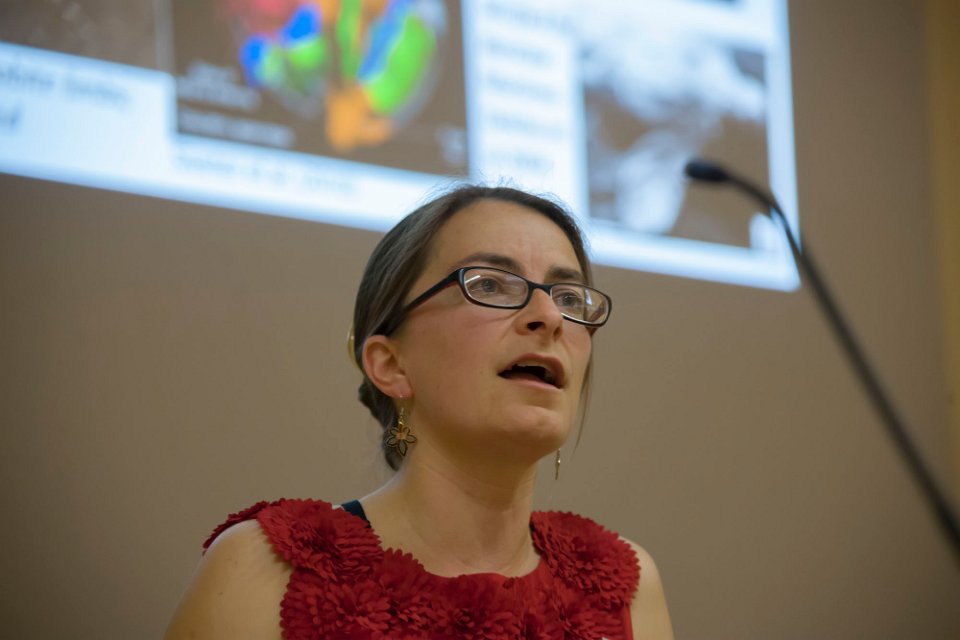
- University: University College Cork
- Area of Research: Palaeobiology
- Type: COFUND – Co-funding of regional, national and international programmes
“I’m a Professor in Palaeobiology at UCC with the distinction of having just been awarded a second multi-million euro grant from the European Research Council. During my Marie Curie Fellowship I was based at Yale University in the USA. It was a crucial time in my career. For three years I worked at one of the top universities in the world, with the world leader in my field, and with fabulous resources at my fingertips.
It really allowed me to understand how excellent research is done, the roles of the PI, technical officers, other support staff etc. – how those all feed in – and what is really involved in running a big research group. It was constantly exciting and invigorating and allowed me to both pursue a crazy research idea and really transition into working more independently. One of the most important things I learned was how to sell my science – to my peers, to the media, to scientific journals, and to funding agencies. For sure I wouldn’t be where I am today without that experience.”
Professor Susi Geiger, Navigating and Innovating in Complex Healthcare Ecosystems (NICHE)
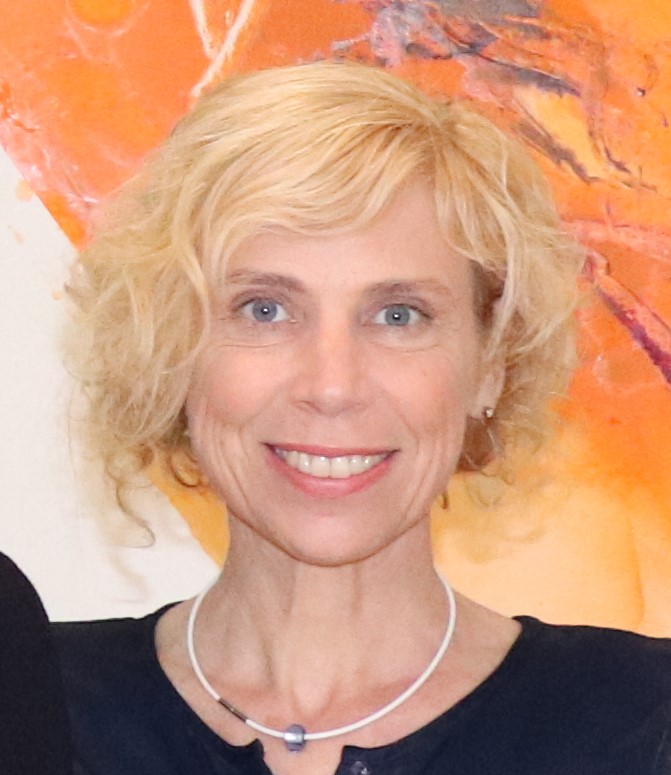
- University: University College Dublin
- Area of Research: Business / Sociology
- Type: IF – Individual Fellowship
“When I applied for funding in the 2014 round, I was a slightly unusual applicant for a Marie Sklodowska Curie Individual Fellowship; I was a well-established mid-career academic. However, my reasons to apply for this particular Fellowship were clear. I had an ambitious career plan that involved an ERC Consolidator grant application in a field that was adjacent to my own area of research (business) and on a topic that I had some acquaintance with but in which I needed to further deepen my insights (healthcare).
With its focus on training and expanding one’s geographic and institutional horizons (in my case University of California at Berkeley and Ecole de Mines Paris), the MSCA funding allowed me to gain expertise in these areas while conducting a robust research project. Being able to demonstrate the project management skills to successfully complete an individual research project also demonstrated to future funders the leadership skills necessary for a large funded project such as the ERC. The MSCA funding thus decisively set me up for future funding success – lo and behold, I received a €2m ERC Consolidator grant upon first application in 2017.”
Dr Sarah Hudson, Controlled Release Drug Delivery Systems (CORDDS)
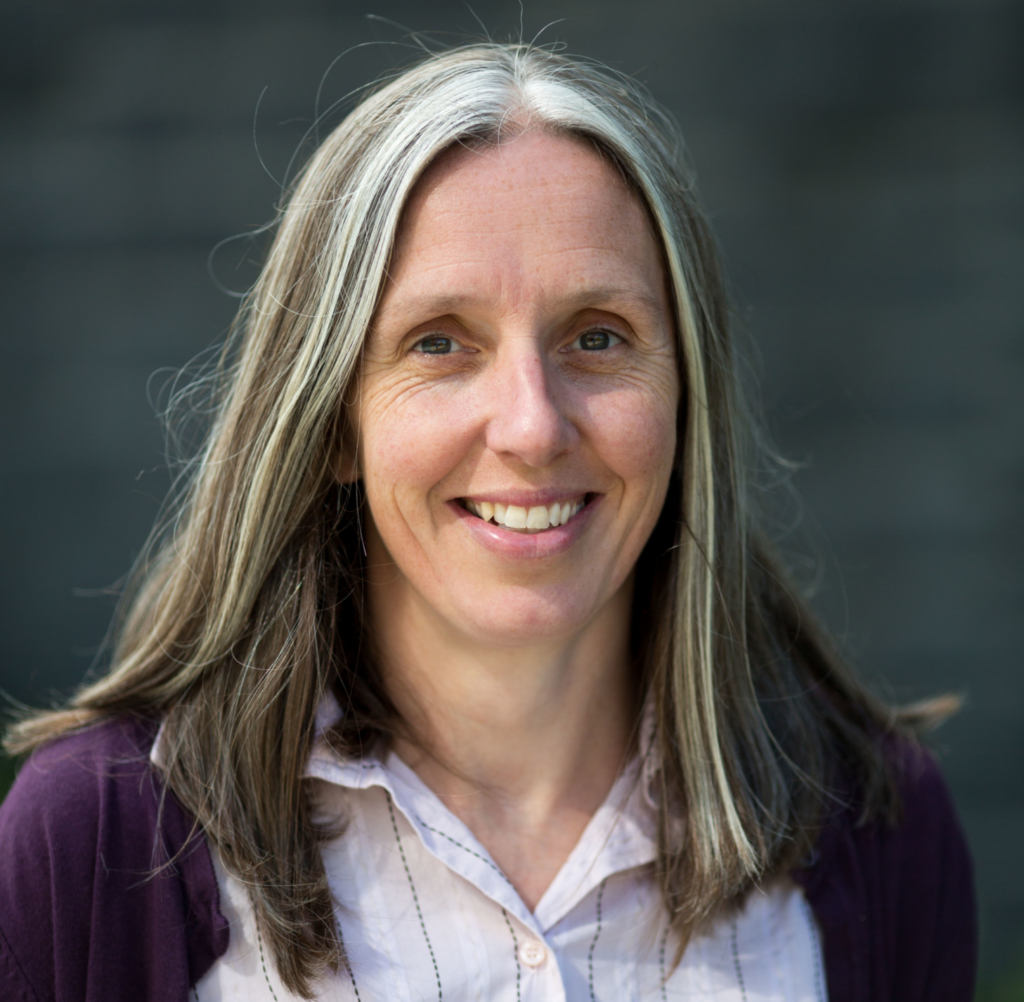
- University: University of Limerick
- Area of Research: Drug Delivery and Pharmaceuticals
- Type: IF – Individual Fellowship
“Getting the Marie Curie funding after finishing my PhD opened the door to a world leading drug delivery lab at MIT in Boston, under the supervision of Prof Robert Langer, over 15 years ago. It was a chemical engineering lab with a multidisciplinary approach to drug delivery challenges that was inspirational and has influenced my approach to research since. Having such a world-renowned institute and lab on my CV improved my success at interview selections and in funding applications over the years.
I have had the pleasure of Prof Langer visit me twice at the Bernal Institute and SSPC in Limerick where his mentorship and generosity with his time and knowledge inspired my own research team. His legacy continues to influence yet another generation of researchers and being able to expose my own students to that was something very special. Having been a Marie Curie fellow, it is also a great privilege to now be coordinating a Marie Curie ITN EID myself and to try to follow the example set by Prof Langer, a truly great mentor.”
Notes to the Editor
The Irish Marie Skłodowska-Curie Office
The Irish Marie Skłodowska-Curie Office is jointly operated by the Irish Universities Association and the Irish Research Council. The office provides advice and support on preparing applications for Marie Skłodowska-Curie funding and the management of Marie Skłodowska-Curie awards.
Types of Marie Skłodowska-Curie Actions
- The Marie Skłodowska-Curie Actions are open to all domains of research and innovation, from fundamental research to market take-up and innovation services. Research and innovation fields are chosen freely by the applicants (individuals and/or organisations) in a fully ‘bottom-up’ manner.
- ITN – Innovative Training Networks
- IF – Individual fellowships
- RISE – Research and Innovation Staff Exchanges
- COFUND – Co-funding of regional, national and international programmes (that finance fellowships involving mobility to or from another country)
For more information on the Irish Marie Skłodowska-Curie Office please visit https://www.iua.ie/for-researchers/marie-sklodowska-curie-actions/
or contact
Geraldine Canny, Head of the Irish Marie Skłodowska-Curie Office at geraldine.canny@iua.ie
Kate Wood, IUA Communications Officer at kate.wood@iua.ie